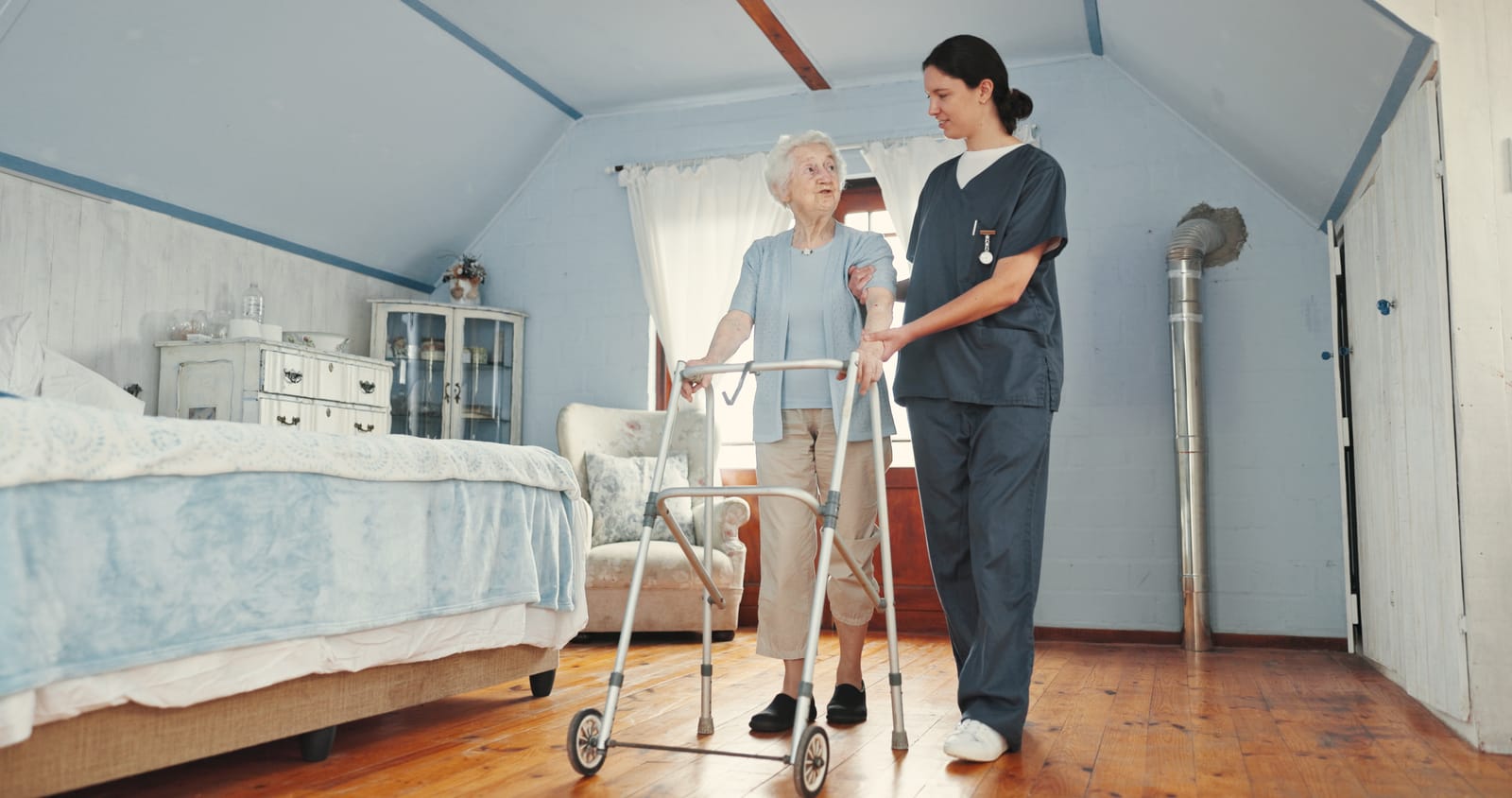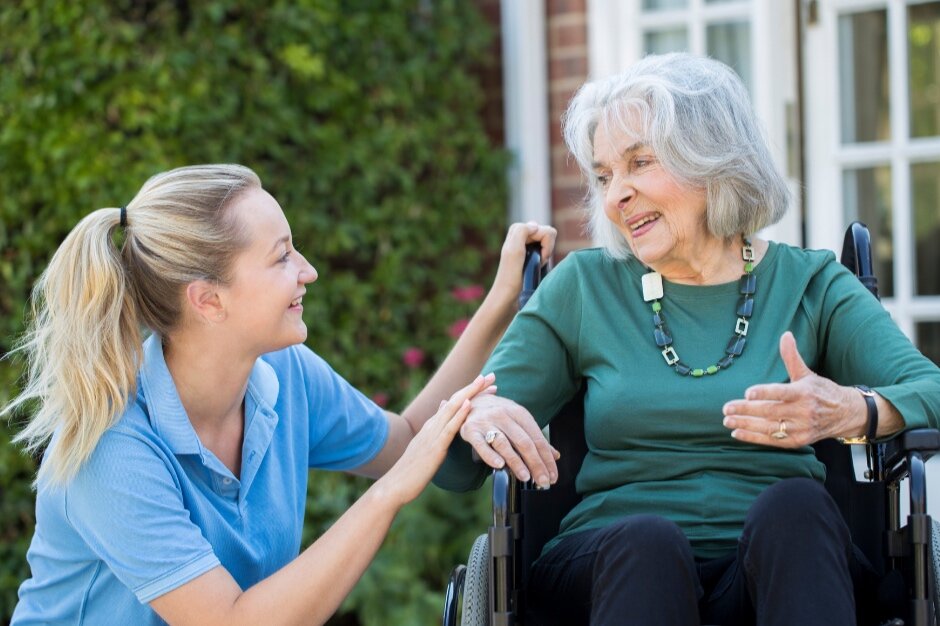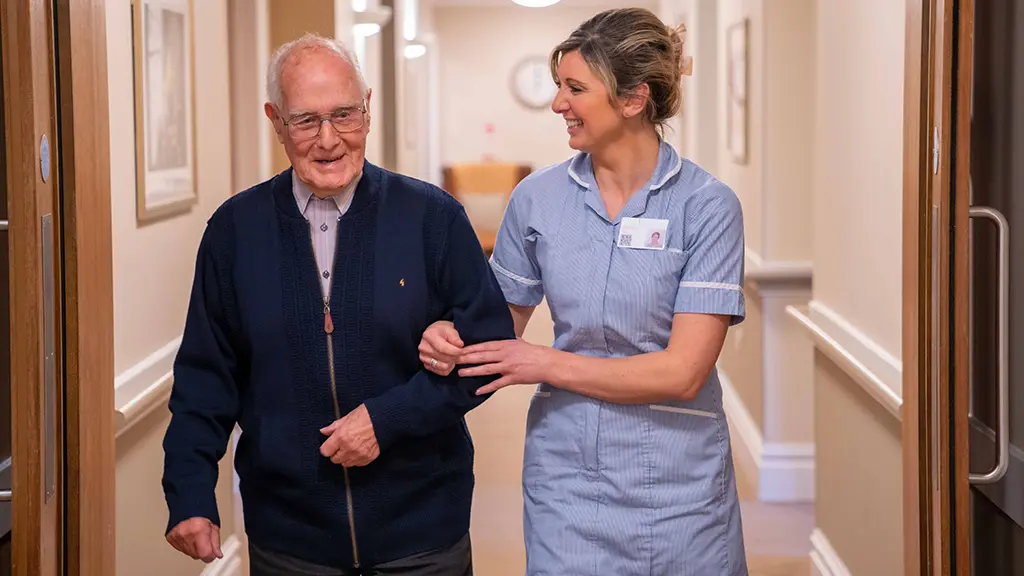Live-in Care
Live-in care provides continuous support from a dedicated care professional who lives in your home.
Live-in care may include:
- Personal care and daily living support
- Medication support
- Meal preparation
- Companionship and reassurance
- Support with routines and activities
All support is delivered in line with agreed care plans and staff competencies.


WHO IS LIVE-IN CARE FOR?
Live-in care is suitable for adults who require ongoing support to live safely and comfortably in their own home while maintaining independence and familiar routines.
Live-in care may benefit:
• Older adults who wish to remain at home rather than move into residential care
• Adults who require regular assistance with personal care and daily living activities
• Individuals who benefit from consistent support and reassurance throughout the day and night
• People living with dementia who require familiar routines and continuity of care
• Couples who wish to continue living together while receiving support at home
• Adults with physical disabilities or mental health support needs who require ongoing assistance
All live-in care is delivered in line with individual assessments, agreed care plans, and staff competencies.


How the Process Works
- Initial consultation: We learn about your situation and goals.
- Home assessment: We review living arrangements, safety, and care requirements.
- Carer matching: Based on care needs and personality compatibility.
- Care plan creation: A structured, yet flexible plan with input from family and healthcare professionals.
- Carer introduction: Meet your dedicated carer before they move in.
- Ongoing management: Regular reviews, family communication, and care adjustments.
Frequently Asked Questions
Does the client need a spare room?
Is the carer available 24/7?
How much does it cost?
Can live-in care be temporary?


